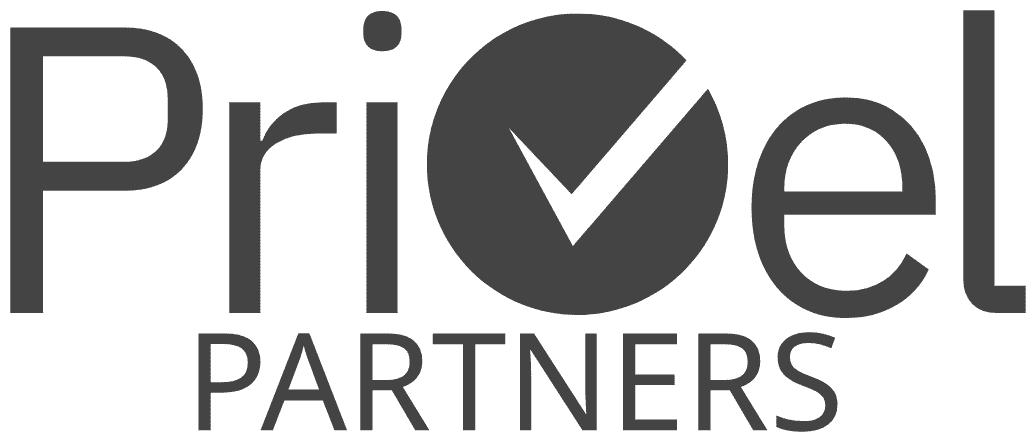In a constantly changing business landscape, executives are wondering how they can streamline processes with business strategies. One of the most important considerations is how they can optimize organizations’ benefits from outsourcing solutions without risking core functions. This might be a reply to why payroll outsourcing solutions are more popular than others.
Here are some of the top concerns for HR Officers, driven by the need to streamline operations, ensure compliance, focus on core business functions and on what really matters.
Focus on Talent Acquisition and Retention
In a competitive labor market HR Officers are under pressure to attract top talents. Talent shortages lead to an inconvenient position of making it harder to fill key roles quickly, which is essential for business growth. Moreover, retaining skilled employees is equally challenging, especially with the increase in job-switching. HR Officers should be focused on building a positive business culture, offering competitive benefits, and creating professional development opportunities to boost retention.
Adapting Hybrid and Remote Work Models
Developing comprehensive remote work policies covering communication, performance expectations, time tracking, and availability is on high demand. Managing remote and hybrid teams requires new strategies for collaboration, communication, and performance tracking. HR Officers are working to create flexible policies that support remote and hybrid work while maintaining productivity and employee engagement.
Diversity, Equity, and Inclusion (DEI)
Building a diverse and inclusive workplace is a top priority, as it is crucial for innovation and employee satisfaction. HR leaders are implementing DEI programs, setting measurable goals, and promoting inclusive hiring practices. By implementing structured interviews and by using diverse hiring panels they can reduce unconscious bias. Moreover, by tracking DEI metrics such as representation by department, hiring and promotion rates, pay equity and employee satisfaction scores, HR leaders can isolate improvement areas and stay focused on those.
Upskilling the Workforce & Knowledge Transfer
Maintaining a long-life learning culture within an organization demands a lot of effort as HR Officers should be focused on providing continuous learning opportunities to keep employees’ skills relevant. Upskilling helps companies stay competitive and retain talents. In addition to that, knowledge transfer is crucial for developing new talents. As senior employees retire, succession planning is critical to identify future leaders and prepare them for leadership roles.
Environmental, Social, and Governance (ESG) Initiatives
HR is expected to support ESG initiatives, especially the “Social” part, such as fair labor practices, diversity, and employee well-being. More and more HR leaders are now involved in shaping policies that reflect these values, reporting on ESG metrics, and promoting corporate social responsibility (CSR) initiatives within an organization.
As labor laws evolve, regulatory compliance is a significant concern for HR leaders. Rely on payroll experts for mitigating compliance risks. By staying up-to-date with local and international rules, tax regulations, and data privacy standards, we help companies ensure compliance and manage risks effectively.
For more information, please contact us, at payroll@privelpartners.gr




